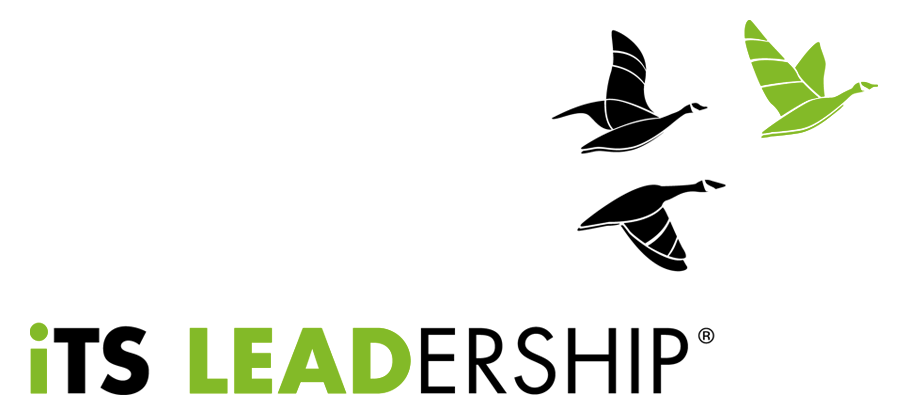There may be no ‘I’ in team but there is one in leadership. While this ‘I’ doesn’t signify ego (in fact, ego is an impediment to being a good leader), it does point to the importance of self-responsibility in leadership. As with anything in life, we get out what we put in, but it can be tempting when awarded a shiny new leadership role to sit back and think “I’ve made it.” In truth, this is when the hard work really starts, but what’s really wonderful is that the personal and professional rewards which come from continually working on our leadership are almost limitless!
Self-responsibility starts with self-knowledge
The first step towards cultivating a sense of self-responsibility in leadership is to understand our own personal strengths and weaknesses. We need to ask ourselves questions and be honest with our answers and must listen carefully to feedback from others.
This process of self-reflection might also include a recognition of our preferred learning style as, once we know the areas we need to work on, we’ll give ourselves the best chance of success if we approach the ‘self-improvement programme’ in the right way.
In my own case, I know that I am a visual learner who likes to know the detail so I can work out my plan of action. There have been two instances recently where I’ve applied this knowledge and been able to see the benefits of my approach.
After a series of niggling injuries had limiting my fitness activities, I recently discovered that it was my running style that was the source of the problem. It was clear that, if I was to get back to enjoying pounding the pavements, I had to take responsibility for solving the issue.
Knowing that I’m a visual learner, I went to see a specialist running coach who filmed me running on a treadmill and talked me through his analysis, frame by frame. He then taught me a new way to run (different foot placement and stride length) which I’ve had to work very hard at learning! Changing long-held habits is really hard and requires considerable mental application and repeated practice, but now I’m clearly seeing and feeling the rewards.
The second example relates to changes I’ve made in my diet. After becoming increasingly aware of the effect of what I eat and drink on my general wellbeing, I signed up to the Zoe programme. Again, it was the use of visual information (in this case graphs and charts each day showing the impact of certain foods on my body) that really helped me to take self-responsibility and see what I needed to change. Like the running challenge, the reality of transforming my diet is far from easy, but when I get it right, I can absolutely feel the positive effect it has.
Action follows intention
I have spoken to hundreds of new mentees over the years and the one thing they all have in common is their good intention. Just by signing up to one of our mentoring programmes they have made an important investment in self-responsibility and indicated a desire to grow and improve.
However, it’s interesting that, however strong this desire and intent at the outset, probably only 15 or 20 percent of them will go on to commit to the programme fully and achieve the greatest possible shifts in their career trajectory.
What sets these candidates apart from those who only partly fulfil their potential is an understanding of the role of self-responsibility in leadership. This cohort of mentees prioritise the mentoring relationship, set aside time and energy to do the necessary work between sessions, turn up for appointments without fail and understand that by investing in themselves, their wider team and organisation will benefit too.
The harsh reality is that we can give our clients as much support, encouragement, training, tools and resources at our disposal, but we can’t do the work for them! Action MUST follow intention, and for this, self-responsibility in leadership is paramount.
Consistency of effort
One of the key messages we deliver to all our clients is that learning is central to leadership. In fact, we like to say that LEARNING + LEADING = LEADERSHIP. There is much debate about the oft-quoted diktat that anyone can be an expert in something if they practise for 10,000 hours, but the fact remains that consistency of effort is essential in any endeavour. When it comes to self-responsibility in leadership, continuing to work on ourselves by investing our time and effort in ongoing learning is, in our experience, critical to both outward success as a leader and personal fulfilment.
If you’re ready to turn up the self-responsibility dial and would like to know more about our mentoring and leadership development programmes, please get in touch.
Let’s start something new!
Get in touch with us today and take the first steps to transforming your business.

Recent Comments